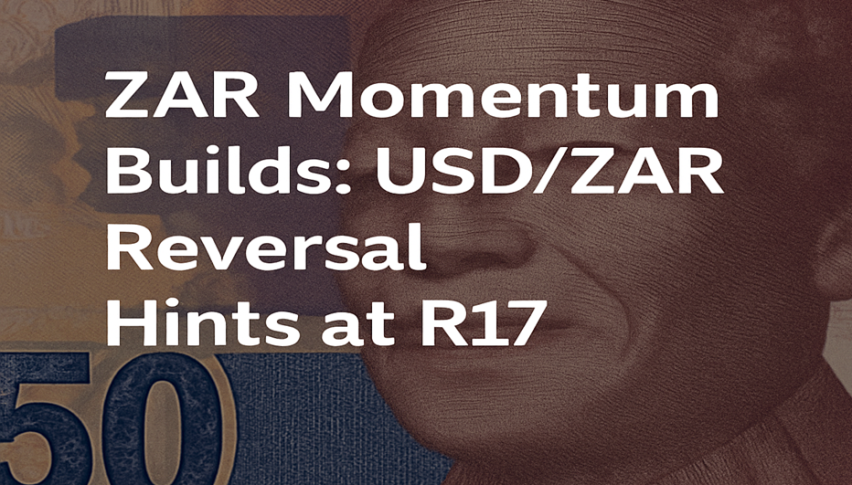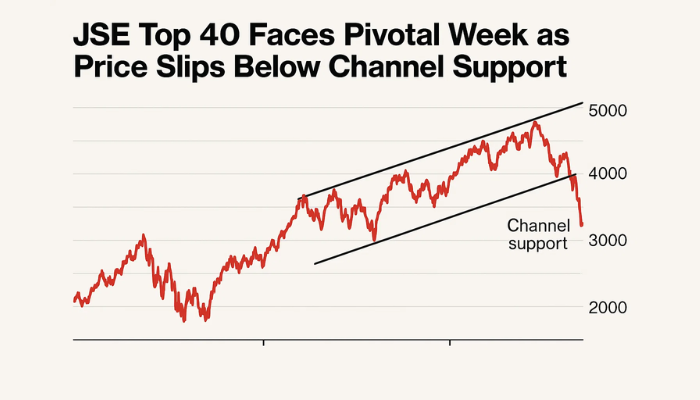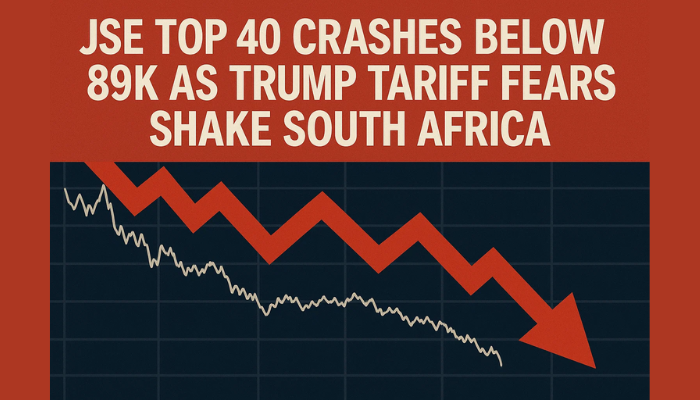10% of Petrol Market at Stake – Legal Battle Threatens Shell’s $1B South Africa Fuel Exit –
Legal opposition to Shell's billion-dollar withdrawal from its South African fuel business stems from the sudden exclusion of a partner...

Quick overview
- Shell's $1 billion exit from its South African fuel business faces legal challenges after excluding partner Afrifund Investments from the deal.
- Gunvor, the lead bidder, replaced Afrifund with Matasis Investment Holdings, raising accusations of political interference and undermining Black Economic Empowerment policies.
- The transaction could grant new ownership nearly 10% control of South Africa's petroleum retail market, igniting debate over the ethical implications of economic transformation laws.
- Despite the turmoil in its downstream operations, Shell's offshore oil and gas exploration activities in South Africa remain unaffected and continue to be profitable.
Legal opposition to Shell’s billion-dollar withdrawal from its South African fuel business stems from the sudden exclusion of a partner from the agreement.
Courtroom Clash Brews Over Exclusion of BEE Partner
A high-stakes legal standoff is unfolding over Shell’s planned $1 billion divestment from its South African fuel business. Swiss energy trading firm Gunvor, which emerged as the lead bidder, is under fire for abruptly cutting ties with Afrifund Investments—headed by prominent businessman Sipho Maseko—and replacing them with Matasis Investment Holdings, a company reportedly tied to politically influential figures. Afrifund alleges it was used to strengthen Gunvor’s bid and later discarded without cause, triggering threats of legal action.
Shell’s Strategic Exit Plan in South Africa
Shell is seeking to offload its controlling stake in Shell Downstream South Africa (SDSA), which was formed through a longstanding partnership with Thebe Investment Corporation. The move aligns with Shell’s broader energy transition roadmap, announced earlier this year, which involves exiting 1,000 retail fuel stations globally between 2025 and 2026. The aim is to shift focus to electric vehicle (EV) charging networks and cleaner technologies. South Africa, however, is proving to be one of the more turbulent exits in that plan.
Empowerment Fallout Clouds Transaction Integrity
The controversy at the heart of the dispute is Gunvor’s unexpected pivot to Matasis Investment Holdings, led by former Northern Cape Premier Manne Dipico. The decision to drop Maseko’s Afrifund has led to accusations of political interference and opportunism, with critics arguing that the credibility of South Africa’s Black Economic Empowerment policies is being undermined in high-value transactions. Gunvor is also accused of using Afrifund’s BEE profile to secure a place on the shortlist before removing them at a critical stage.
A Deal That Could Reshape South Africa’s Fuel Market
If the deal proceeds, the new ownership would inherit control of nearly 10% of the country’s petroleum retail market—a significant stake in a strategically vital industry. Other global energy players including Saudi Aramco, Trafigura, and PetroSA were also involved in early-stage bidding. But the political implications of the final decision have ignited heated debate, with some viewing the transaction as a litmus test for the ethical implementation of South Africa’s economic transformation laws.
Shell’s Offshore Assets Continue Uninterrupted
While its downstream selloff faces turbulence, Shell’s offshore oil and gas exploration activities in South Africa remain unaffected and continue to draw both interest and criticism. Environmental groups have renewed calls for stricter oversight, but for now, the company’s offshore operations remain active and profitable. The fate of the downstream deal, however, remains uncertain as legal threats and political noise continue to delay Shell’s intended exit.
- Check out our free forex signals
- Follow the top economic events on FX Leaders economic calendar
- Trade better, discover more Forex Trading Strategies
- Open a FREE Trading Account


